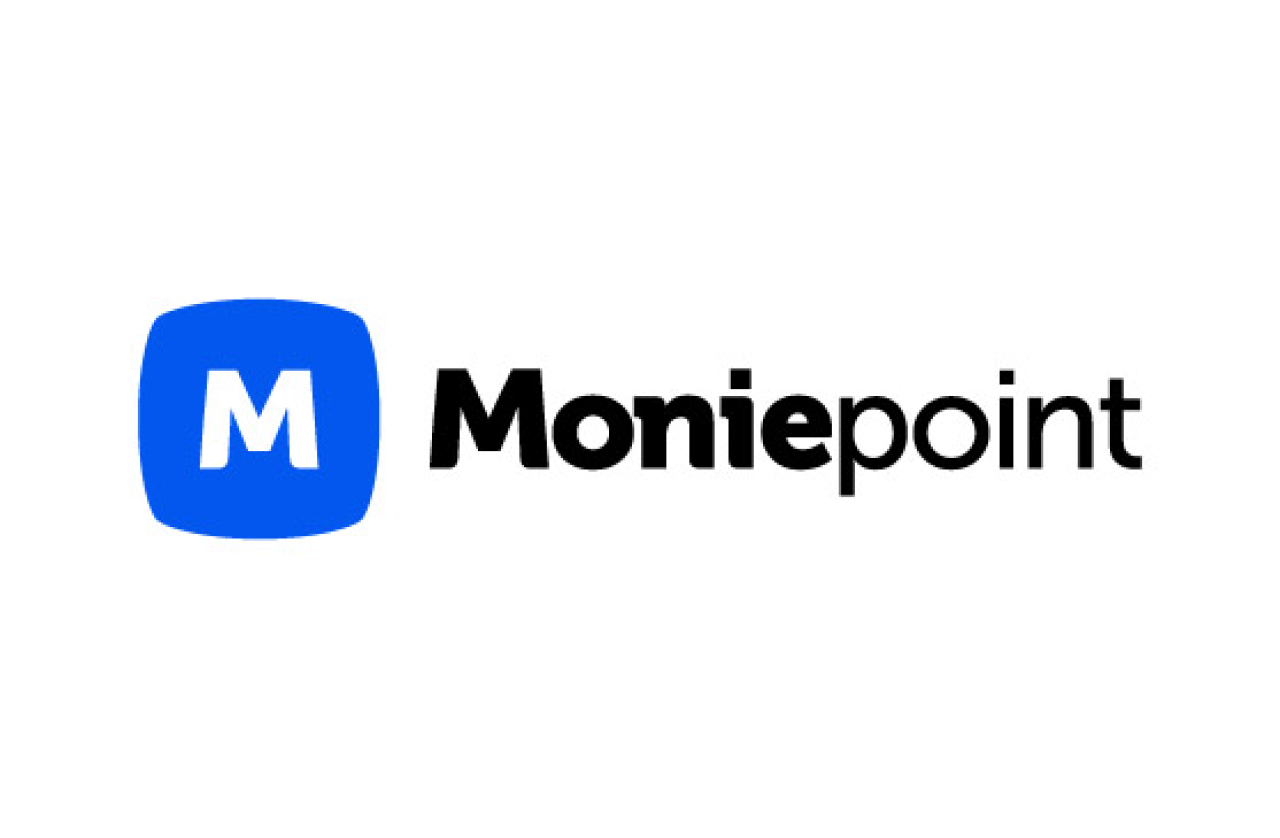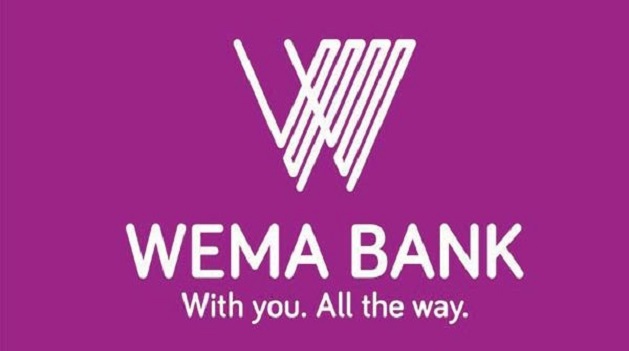E-Financial
Moniepoint MFB Bags Rising Star Family Business Award

Dr Jumoke Oduwole, Special Adviser to the President on Presidential Enabling Business Environment Council (PEBEC) and Investment has revealed that there are approximately 23.8 million family businesses, responsible for millions of jobs, dispersed throughout the country and collectively they contribute around $200 billion annually into the nation’s economy.

She made this revelation at the 2023 Family Business Summit, a collaborative event organized by Businessday, My Family My Business, and PwC Nigeria. Oduwole noted that the figures reflect the glaring significance and the impact that family businesses have on Nigeria’s economy and the need for us all to ensure the sustainability of our multigenerational businesses.
She further stated the government’s resolve using the instrumentality of the Presidential Enabling Business Environment Council to make Nigeria a progressively easier place for businesses to be established and to grow, with a focus on the micro, small and medium enterprises sector.
“We must ensure the sustainability of these multi-generational enterprises collectively. With this sustainability, we aspire for more Nikes and BMWs to emerge from our shores, scaling across Africa and on a global stage. That is the vision and a collective effort we must all pursue”, Oduwole said while speaking to the event’s theme, Built to Last: Building A Multigenerational Business in the Age of Volatility.
Leading technology-driven business bank in Nigeria, Moniepoint MFB, was honored with the prestigious Rising Star Family Business Award in recognition of the giant strides made by the firm over the years and their contribution to the Nigerian economy as part of activities at the Family Business Summit.
Receiving the award at the Summit, General Counsel at Moniepoint MFB, Okechukwu Eke emphasized the huge significance of ensuring that family businesses thrive while stating Moniepoint MFB’s renewed commitment to driving long-term success and the survival of these economic enablers via innovative solutions.
“Moniepoint MFB remains committed to its strong ethos of powering the dreams of family businesses even as it continues on its journey of innovating to create more opportunities, financial happiness and deepening financial inclusion.
“We are delighted to be recognized for our positive contributions to the economy and we look forward to partnering with all stakeholders especially government at all levels to bring renewed hope to all Nigerians,” said Eke.
Other stakeholders at the event include keynote speaker Martin Roll, a global family business and family office expert, Sam Abu, country senior partner at PwC Nigeria, Oyeyemi Oke, managing director 1st Fiduciary Limited, Toyin Sanni, CEO of Emerging Africa, Cosmas Maduka Junior (Coscharis Group), Ope Agbato, Executive Director, Technical and Animal Husbandry Operations, Animal Care, and Oludayo Obasanjo, Executive Director of marketing and development at Obasanjo Farms Nigeria Limited.
E-Financial
NIMC, NIBSS, Others Roll out Digital Cards with Multiple Wallets

National Identity Management Commission (NIMC), Nigeria Interbank Settlement Systems (NIBSS), AfriGO and other stakeholders are set to roll out digital cards with multiple wallets to drive financial inclusion and improve Nigeria’s Gross Domestic Product (GDP).

The digital cards with multiple wallets would allow Nigerians to have access to government services in all Ministries, Departments and Agencies (MDAs) of government, while it would also provide platforms for students to access government loans.
Already, Nigerian farmers captured under the Federal Ministry of Agriculture and Food Security, (FMAFS) have embraced the digital cards for government services in areas of provision of agric loans, seedlings and other inputs that would improve food production and security.
According to Abisoye Coker-Odusote, director general/chief executive officer, NIMC, the biometric NIMC-enabled cards have multiple features to address the socio-economic needs of Nigerians in line with the 8 point Agenda of President Bola Tinubu.
Coker-Odusote, who addressed newsmen at the headquarters of NIMC in Abuja on plans regarding the launch of the cards, was flanked by Mr Premier Oiwoh, managing director/CEO, NIBSS; Mrs Ebehije Momoh, managing director/CEO of AfriGO; and Mr Femi Akande, managing director, Data Mining Company.
She said the stakeholders were brought together to explain the different benefits associated with the digital cards to Nigerians and the general impact it would have on the economy as President Tinubu hoped to drive his welfare programmes using digital identity verification as a major platform.
The NIMC boss said the multiple purpose cards would be available to citizens, home and abroad and legitimate residents who could use the cards for various transactions, especially payments of water and electricity bills, transportation services, and shopping, among others.
The cards, she explained, could be used off line and online to provide services for unbanked citizens in rural areas and bring on board those whose businesses required government support for survival, noting that with such opportunities, Nigerians would need no god father to access government services and support.
Coker-Odusote said the digital cards which come with various security features cannot be forged as the biometric information of owners are embedded in them, emphasising that they were made to address current needs of government to ensure that there are no ghost beneficiaries of government palliatives, loans and other benefits.
She assured that the cards would turn around the economy by improving revenue generation and the country’s GDP as states governments and the private sectors would be part and parcel of it.
Speaking on behalf of other stakeholders, Momoh of AfriGO, said the launch of the cards would change the narratives for the country’s economy as it would ensure that the flow of money remained within the economy.
Momoh said: “The digital card is a domestic solution to drive financial inclusion and provide cost effectiveness and transparency within the systems. It would ensure data sovereignty and autonomy, and we all know that data is significant to improve our economy.
“This card will help reduce cost, especially dollar given to banks. Domestic payments are important to support welfare and social interventions services of government, so it will help drive cashless policy and ensure that our monies remain within the economy.
“We have about 26 banks already issuing the cards and it is hoped that more would come on board. Nigeria is the first country to come up with this innovation, and surely it would enhance micro-medium enterprises across the country.”
E-Financial
Wema Bank Targets N200bn in Final Tranche of Capital Raise

Wema Bank has announced plans to conclude its capital-raising efforts with a robust strategy combining a Rights Issue and a Special Placement exercise, both scheduled to commence on April 1, 2025.

The initiative aims to secure N200 billion in fresh capital, marking a significant milestone in the bank’s growth journey.
This marks the second and final tranche of Wema Bank’s comprehensive capital-raising exercise, following the successful first tranche, which generated N40 billion.
By securing this additional capital, the bank is poised to exceed the Central Bank of Nigeria’s (CBN) minimum capital requirement for national banking authorization, thereby solidifying its financial strength and positioning for sustained growth.
The move underscores Wema Bank’s commitment to maintaining robust financial health while enhancing its ability to deliver innovative banking solutions.
In its usual manner as a proactive, innovative and forward-thinking bank, Wema Bank, had prior to the CBN announcement, already launched a N40 billion rights issue as far back as December 2023, receiving the approval of the CBN and the Securities and Exchange Commission (SEC) in 2024.
This resulted in the Bank’s successful completion of the first tranche of its capital raise exercise. With over 30% of the CBN target of N200 billion already met, Wema Bank is proceeding to initiate the second tranche of capital raise come April 2025, this time, with the goal of raising N200 billion in fresh capital to complete its capital requirement.
Confident in the outcome of the upcoming rights issue, Wema Bank’s Managing Director and Chief Executive Officer, Moruf Oseni, assured shareholders and other stakeholders of a successful conclusion of the capital raise program.
According to him, “We stand strong today not just as Nigeria’s oldest indigenous bank but also as Nigeria’s leading innovative bank. Wema Bank turns 80 this year and I can safely tell you that we have never been more driven to excel.
I am blessed to lead with the support of a team of determined and driven professionals who will leave no stone unturned in achieving our strategic aspirations. Indeed, we are building Wema Bank into a formidable force in the African financial services landscape”.
“We remain dedicated to maintaining transparency throughout this process and will provide regular updates to all stakeholders and shareholders as we go forward. This capital raise will be a win-win for us all. You can trust as always that your investment in Wema Bank will produce exceeding returns. This is our promise to you”, Oseni concluded.
With the deadline for CBN’s recapitalisation exercise set for March 31, 2026, this move by Wema Bank will undoubtedly ensure the bank retains its national banking license way ahead of the deadline
Reaffirming its stance as a Bank committed to transparency and adherence to regulatory standards, Wema Bank is working to secure all necessary approvals from relevant regulatory authorities to ensure the process is conducted in full compliance with applicable guidelines.
E-Financial
CBN Governor Olayemi Cardoso Forecasts Economic Growth and Lower Inflation in 2025

Olayemi Cardoso, Central Bank Governor, announced on January 23 that Nigeria’s Gross Domestic Product (GDP) is projected to grow by 4.17 percent, while inflation is expected to ease in 2025.

Currently, Nigeria’s inflation stands at 34.80 percent, but Cardoso is optimistic that it will decline as President Bola Tinubu’s reforms take effect.
Cardoso also mentioned that foreign exchange reserves have risen gradually, driven by increased oil production. Oil output is forecast to reach 2.3 million barrels per day by mid-year.
He pledged to increase Nigeria’s foreign exchange reserves to over $40 billion after recording a $6 billion FX inflow in 2024.
The central bank’s priority remains maintaining price stability and bolstering market confidence. Cardoso emphasized the importance of enhancing transparency and efficiency within the foreign exchange market, expecting more appetite for real sector development with limited opportunities for FX arbitrage.

 Telecom2 days ago
Telecom2 days agoSamsung Galaxy S25 Series: Redefining Smartphones with Advanced AI Integration

 Telecom2 days ago
Telecom2 days agoNLC Announces Nationwide Boycott over Telecom Hike

 Telecom2 days ago
Telecom2 days agoFG, WIOCC Sign $10M MoU to Connect 3 million Homes with Broadband Fibre Connectivity

 Telecom2 days ago
Telecom2 days agoMTN’s New Year Campaign: Inspiring Change, One Move at a Time

 News2 days ago
News2 days agoSocial Impact Champions Call for Business Investment in African Women and Girls

 Telecom2 days ago
Telecom2 days agoMainOne Boosts Connectivity for West African Businesses with Equiano Cable

 Telecom2 days ago
Telecom2 days agoAll the Android updates coming to the Samsung Galaxy S25 series and more

 Broadcasting2 days ago
Broadcasting2 days agoNCC, NBTE to formulate IP Policy for Polytechnics, Technical Institutions
























